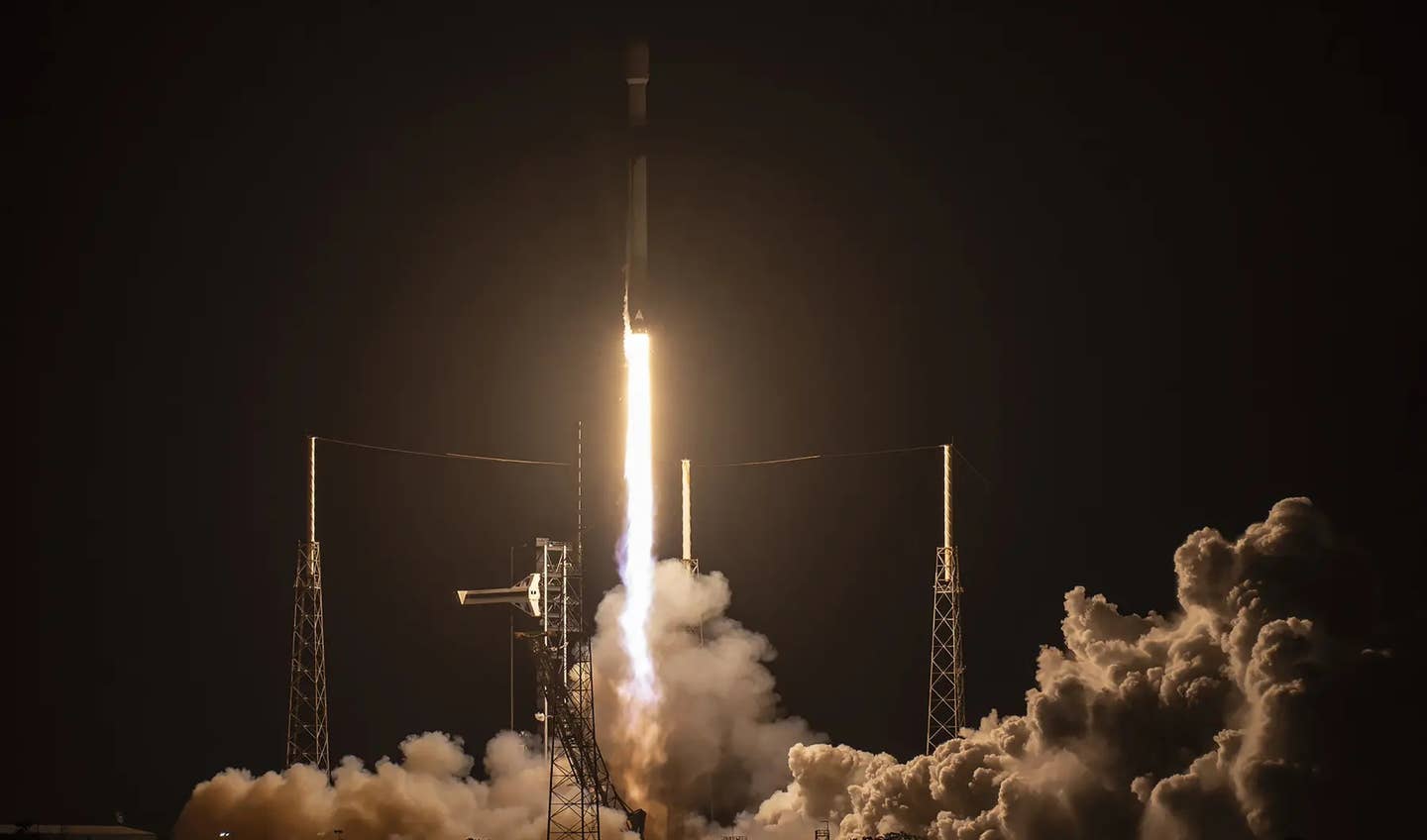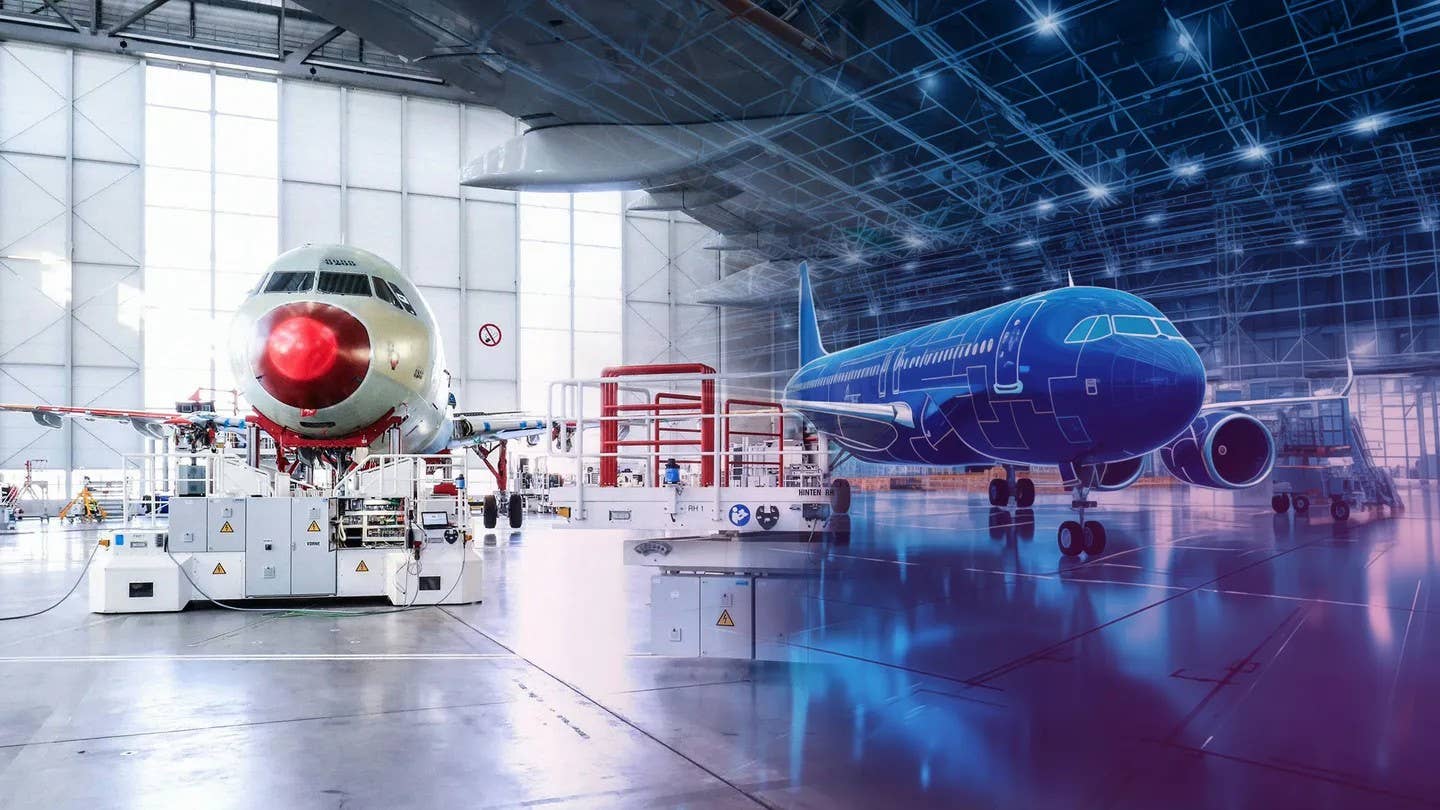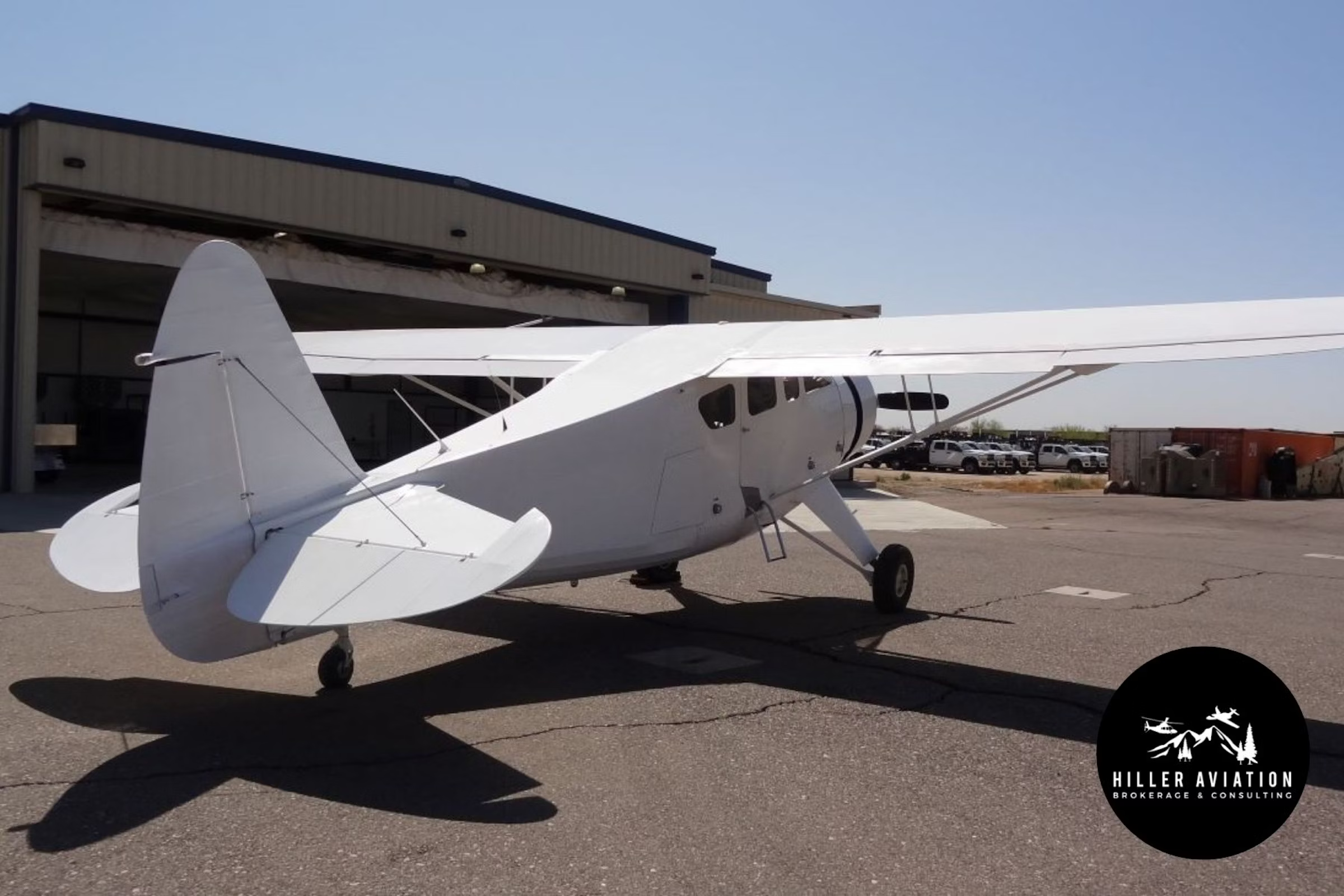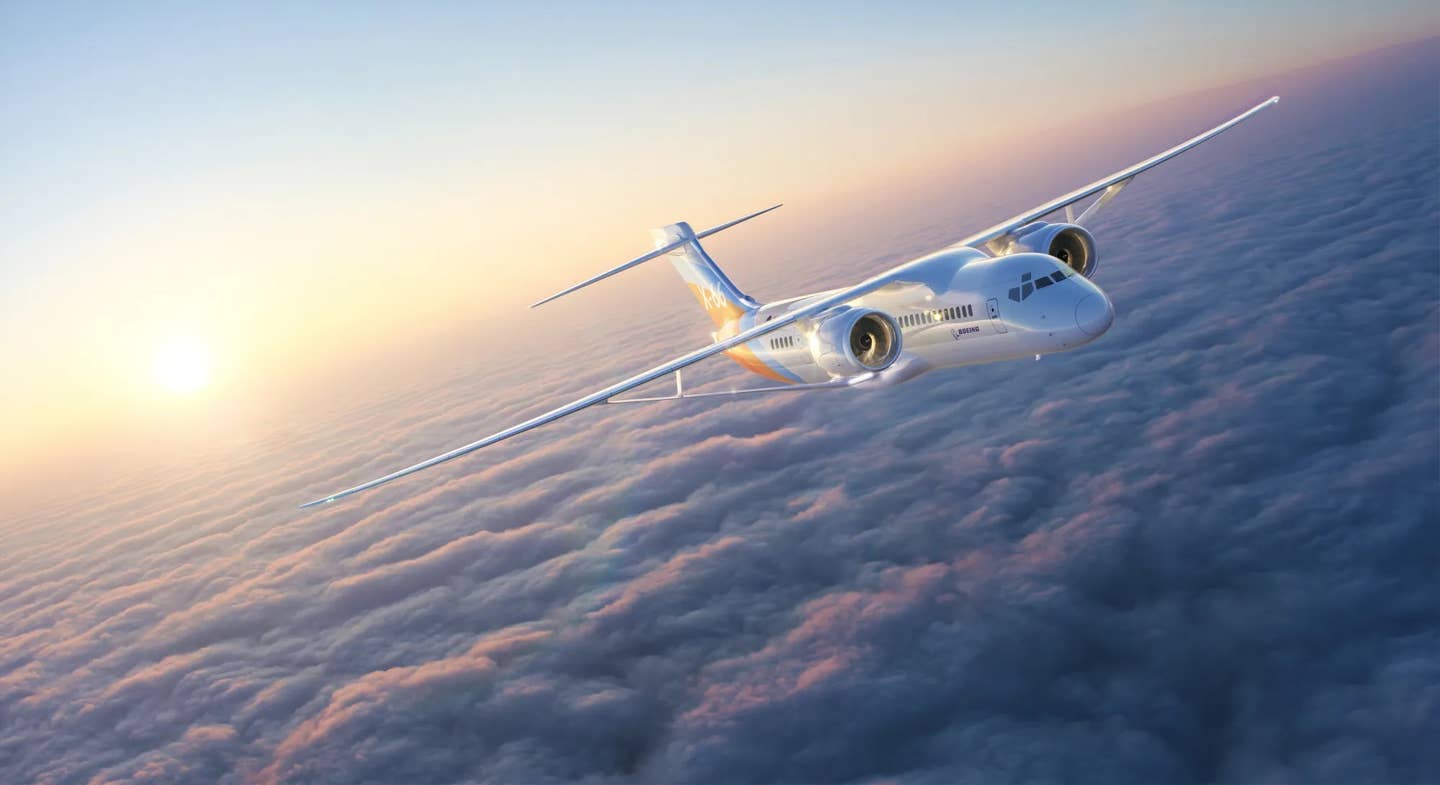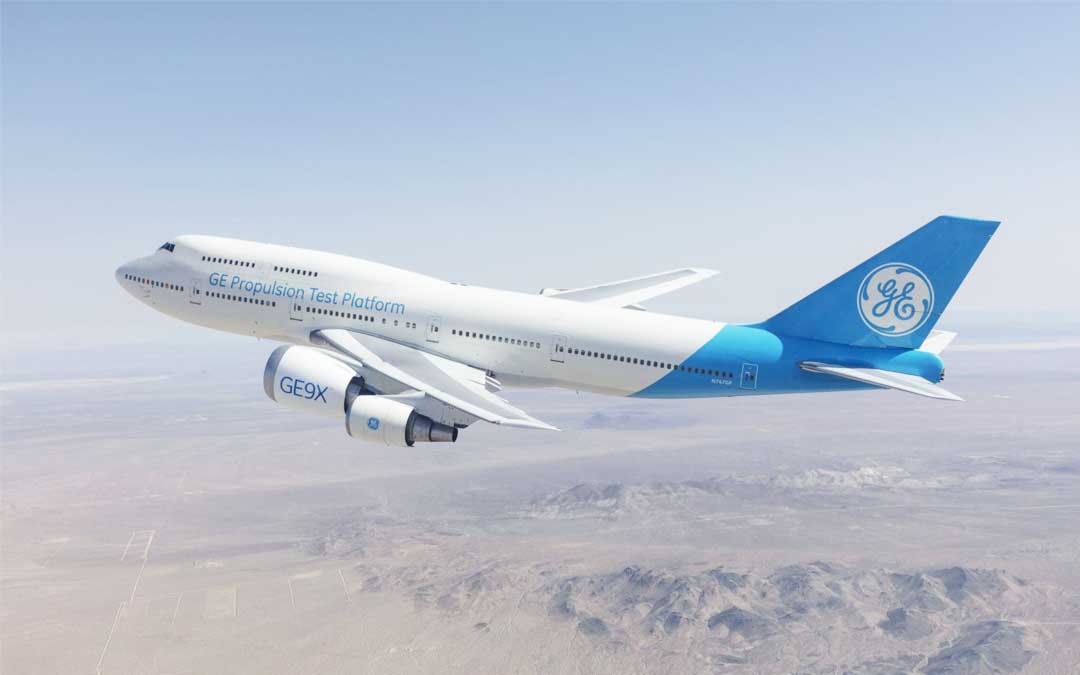
GE’s aviation department has seen its gross debt drop by $87 billion in three years. [Courtesy: GE Aviation]
General Electric (NYSE:GE) saw revenues decline 3 percent in the fourth quarter from the same period in 2020, the company said during its earnings call Tuesday.
The company also reported a 2 percent drop for all of 2021.
Despite beating expected earning predictions for the quarter, revenue fell slightly from $21 billion in 2020 to $20.3 billion in 2021. The latter figure was more than $1 billion less than the $21.31 billion analysts predicted the company would make last year.
Conversely, investors predicted that adjusted fourth-quarter profit per share would come in at 84 cents, but GE reported it as 92 cents.
In a statement, GE’s CEO Larry Culp attributed it to ongoing disruptions in their supply chain, though mostly from its health division.
“2021 was an important year for the GE team, marked by significant strategic, operational, and financial progress,” Culp said before adding that “orders for the year were up double digits, supporting faster growth going forward, while supply chain challenges, commercial selectivity, and uncertainty surrounding the U.S. wind production tax credit impacted our top-line."
Aviation Performance
Since coming aboard in 2018, Culp has reduced the aviation department’s gross debt by $87 billion in three years.
Last quarter, after the company completed the sale of its GECAS business to AerCap Holdings (NYSE:AER) for $30 billion, GE announced that it would be splitting itself into three separate companies over the next 24 months, focused on healthcare, aviation, and energy, but with the aviation segment becoming its main focus by early 2024.
The new earnings report reflected the consolidation of its capital business into the overall corporate operations line.
For the full year, the company’s aviation division—which manufactures jet engines among other products—reported that its total orders for the year improved 19 percent compared to 2020 for a total of $25.6 billion. It also ended the year with a total equipment and service backlog of $303.4 billion.
Compared to the same quarter in 2020, the aviation segment saw revenue improve by 4 percent, resulting from a higher number of shop visits. However, for the full year, revenue dropped 3 percent to $21.3 billion thanks to fewer commercial engine deliveries.
The company sold 1,487 commercial engines in 2021, with orders for 2,248 on record. Its LEAP engine also saw strong demand, selling 845, with 1,457 orders.
Looking Forward
The company thinks its aviation division’s revenue could increase more than 20 percent in 2022 based on the recovery of its commercial air travel market.
Overall, the company estimates that with the simplification of its business, it can achieve higher profits and free cash flow in 2022. One measure the company plans is to increase prices in some areas to offset some of their losses.
“Our teams are also implementing price increases to help offset inflation. In our laser focus on supply chain improvements and lower costs,” Culp said on the call.
It expects adjusted earnings per share to be between $2.80 to $3.50, compared to the $1.71 in 2021. It also estimates that it will achieve free cash flow between $5.5 billion to $6.5 billion.
“We’re seeing real momentum and opportunities for sustainable profitable growth from near-term improvements in GE's businesses, especially as aviation recovers and our end markets strengthen,” Culp said in a statement. “Our dramatic debt reduction means we can further intensify efforts to strengthen our operations and play offense, setting us up to deliver between $5.5 to $6.5 billion free cash flow in 2022 and more than $7 billion in 2023.”
Recently, United Airlines (NYSE:UAL), operating a Boeing 737 Max 8, and a pair of LEAP 1B engines by GE and Safran, flew from Chicago O’Hare (KORD) to Washington’s Reagan National Airport (KDCA) using 100 percent sustainable aviation fuel in one engine. Aboard that flight was GE Aviation’s CEO, John Slattery, and United’s CEO, Scott Kirby.
After the call, the share price dropped from $91 to $88 but rebounded back to $91.11 by day’s end.

Sign-up for newsletters & special offers!
Get the latest FLYING stories & special offers delivered directly to your inbox

